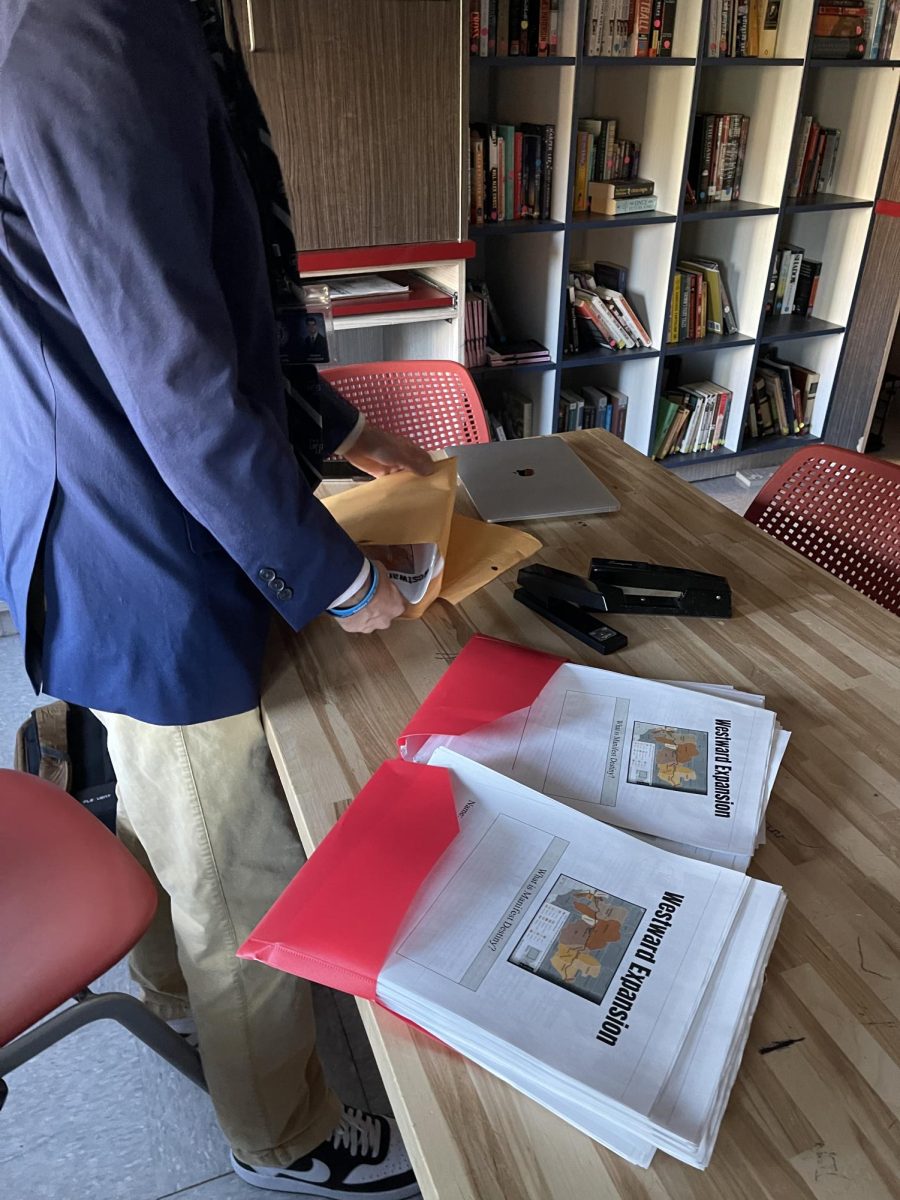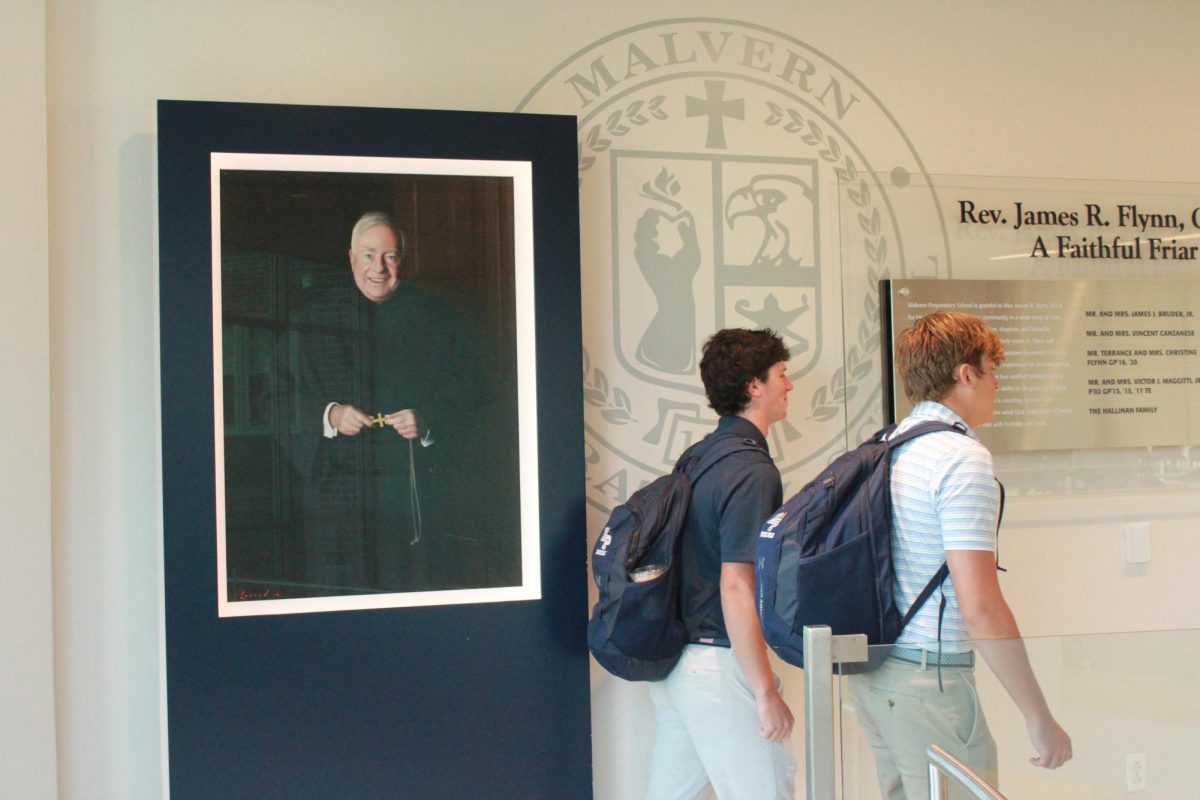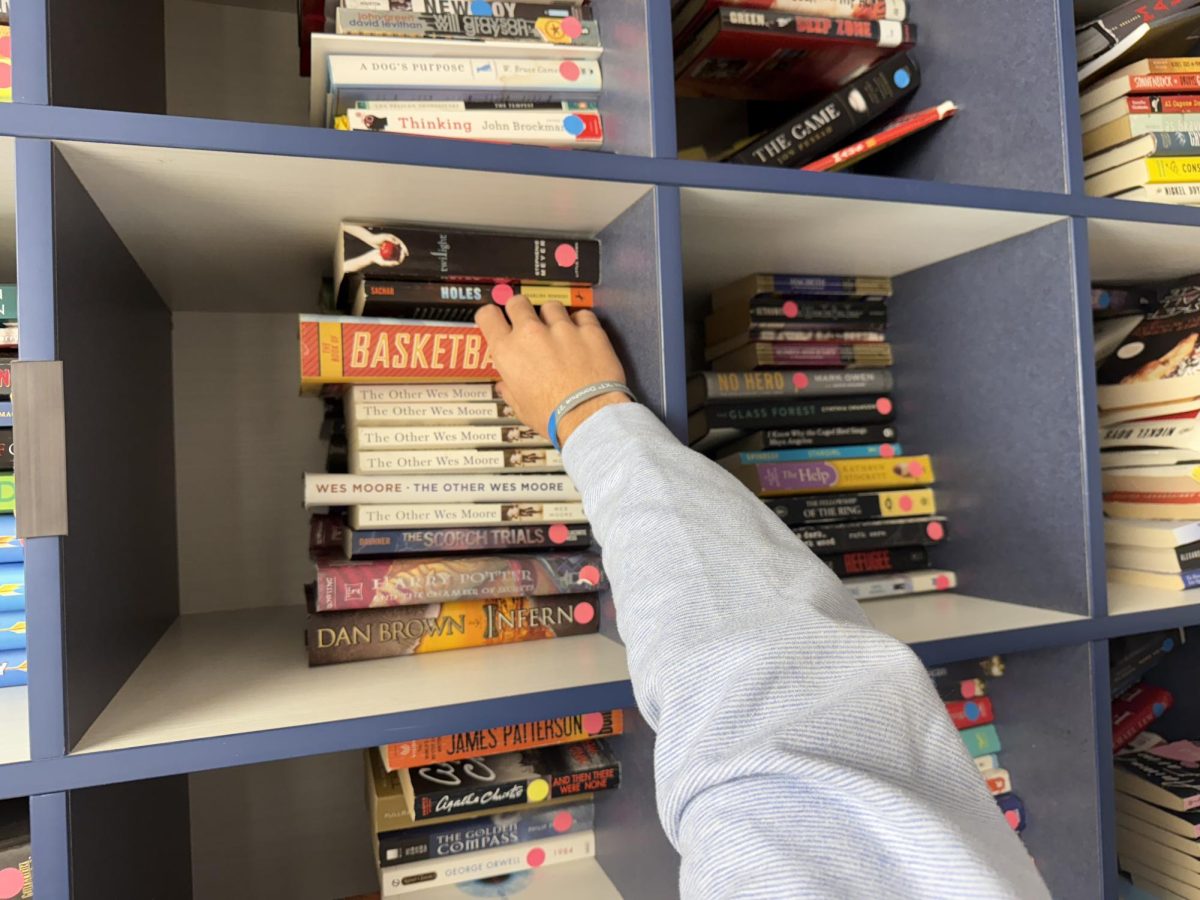An extramarital affairs website was hacked this summer. Teachers and alum offer some perspective.
Around 37 million people have had personal information leaked from the website Ashley Madison, a dating site which offers married people the opportunity to cheat on their spouses, according to The Guardian.
On August 18, a group of hackers identifying themselves only as the “Impact Team” released 9.7 gigabytes of personal data, including online profile data, email addresses, and some credit card transation data. They threatened to leak the information if the owner of the site, Avid Life Media, did not shut down AshleyMadison.com, according to Vanity Fair.
The hackers released a document stating that if the site was not shut down, “[We] will release all customer records, including profiles with all the customers’ secret sexual fantasies and matching credit card transactions, real names and addresses, and employee documents and emails.”
Ashley Madison had a profile deletion option where customers could pay $19 to have their profiles erased from the Ashley Madison database. The Impact Team claimed that profiles that had been “deleted” hadn’t been erased at all. They had just been taken off of the active site so other users could no longer see them.
After the hackers followed up on their threat and leaked the data, they released a statement. “Too bad for those men, they’re cheating dirtbags and deserve no such discretion,” stated the document. “Too bad for Avid Life Media, you promised secrecy but didn’t deliver.”
Computer Science and Science Department Leader Mr. Kevin Quinn noted that websites like Facebook, Twitter, and Ashley Madison make money by dealing with data.
“They collect data, and that data is valuable to them,” Quinn said. “They don’t really have much incentive to ever delete anything… [T]hey might say ‘Well we won’t put it live on the site anymore, but we might hang onto it in the background because it may still be useful to us.’”
“Anything that you ever put online, don’t think that there’s any way to delete it,” Quinn said. “You might go on Facebook and say ‘I deleted that picture, I took it down.’ If it ever went onto a computer system, the chances are it still exists somewhere.”
Social Justice and Moral Theology Teacher Mr. Alexander Haynie said, “Even though it’s a good thing that Ashley Madison won’t be able to exist after all the data was leaked, it’s not our right to publicize the transgressions of other people.”
“It’s a shame that they’re being exposed. We’ve already seen some cases of suicide,” said Haynie.
One case of a suicide over the hacking of Ashley Madison was John Gibson, a Baptist pastor and seminary professor in New Orleans. In his suicide note he explicitly mentioned Ashley Madison, as well as depression, his wife Christi Gibson told the Washington Post.
“It’s disgraceful that Ashley Madison exists and that they’re trying to make a profit off of ruining and breaking down families,” Haynie said. “It’s a terrible company and it’s utterly reprehensible that they are actively promoting adultery and cheating on spouses, it’s a good thing that they won’t be able to exist.”
However, not everyone agrees.
“While I personally disagree with everything Ashley Madison stands for, I think that it should be able to exist legally,” MECO Leader Mike McCarthy ‘15 said. “It is not the government’s place to regulate the morals of its people, and while the existence and financial prosperity of Ashley Madison is unfortunate, and reflects very poorly on the moral state of our nation, it is and ought to be legal.”







